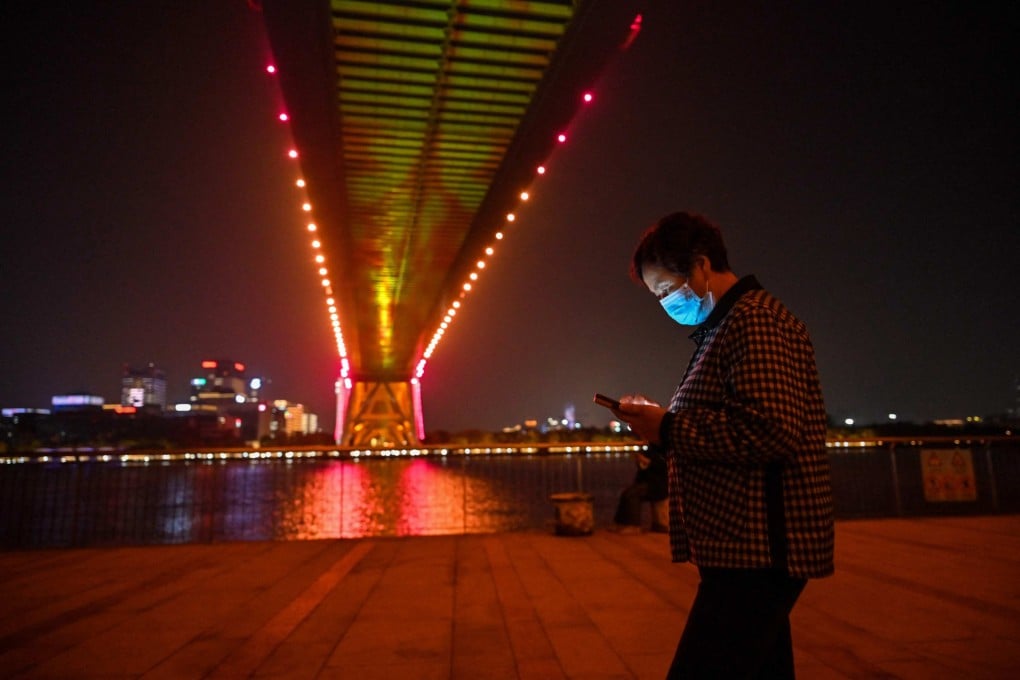China to step up internet censorship with stricter rules for social media and streaming sites
- Law taking effect on December 15 requires site operators and moderators to filter out ‘harmful’ news-related comments or face a range of penalties
- Move comes amid growing public anger over China’s strict zero-Covid policy, with many turning to the internet to vent

The new law, an updated and approved version of the 2017 Regulations on the Administration of Internet Post Comment Services, was publicised by the Chinese internet watchdog on Wednesday.
The aim is to “regulate posts and comments online, maintain national security and public interest, [and] protect the rights and interests of citizens”, the Cyberspace Administration of China (CAC) said in outlining the new rules.
Compared with the 2017 version, the new law focuses more on clarifying the responsibilities of internet service providers and operators, and directs online platforms to hire content moderation teams that will review all comments and filter out “harmful ones”.
All types of comment are covered by the requirements – including original posts, replies, and real-time comments that appear on top of a video.
The proposed rules also specify the punishment associated with violations: operators failing to observe the regulation will face warnings, fines, and suspension of commenting features or even the entire service.
Social media platform operators in China, such as Weibo and WeChat, have yet to publicly respond to the new rules.